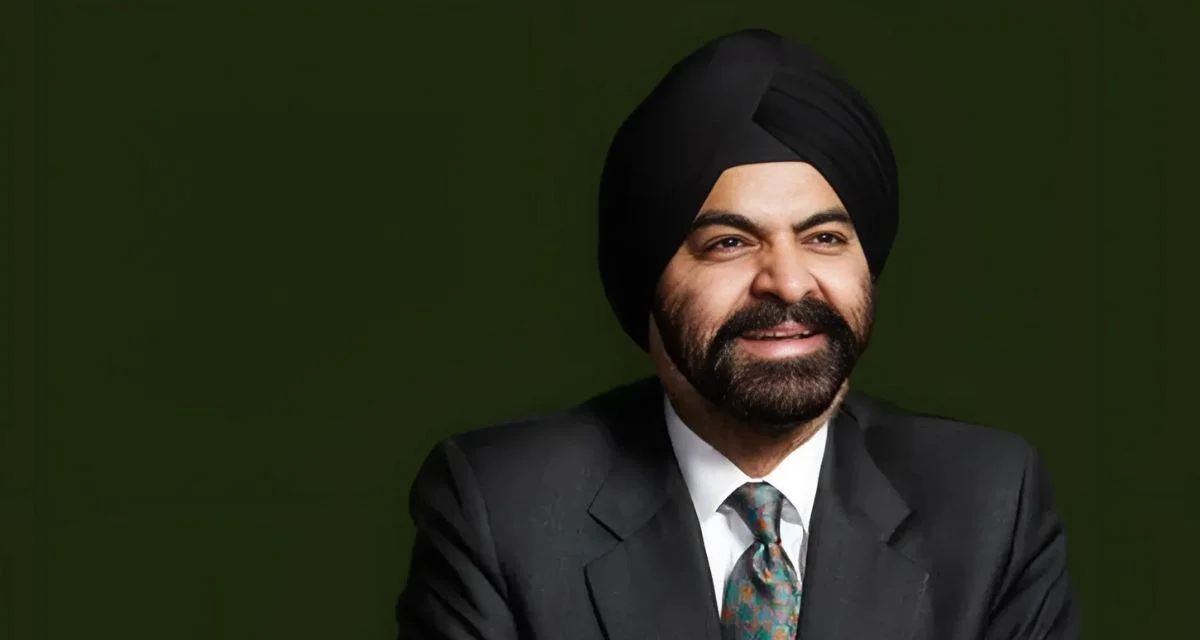In 2024, Benin experienced a significant economic growth rate of 7.5%, the highest since 1990, primarily driven by the services and industry sectors. Despite uncertainties in global trade and unstable relations with neighboring countries, Benin's economy is projected to grow at an average rate of 7.1% from 2025 to 2027. This robust economic activity, coupled with moderate inflation, is expected to reduce poverty levels to 22.3% by 2027.
Since 2016, revenue mobilization in Benin has been on the rise due to strong tax collection efforts. However, the effect of indirect taxes on purchasing power was not entirely offset by transfers, resulting in a 3.7 percentage point increase in the poverty headcount rate in 2022 and adding approximately 116 thousand more people to the ranks of the poor.
Benin's fiscal system has a smaller impact on reducing inequality but a larger impact on increasing poverty compared to similar countries. To address this issue, it is recommended that Benin strengthens its social safety nets, implements more progressive taxation policies, and increases social spending to improve the efficiency and redistributive impact of its fiscal strategies.

